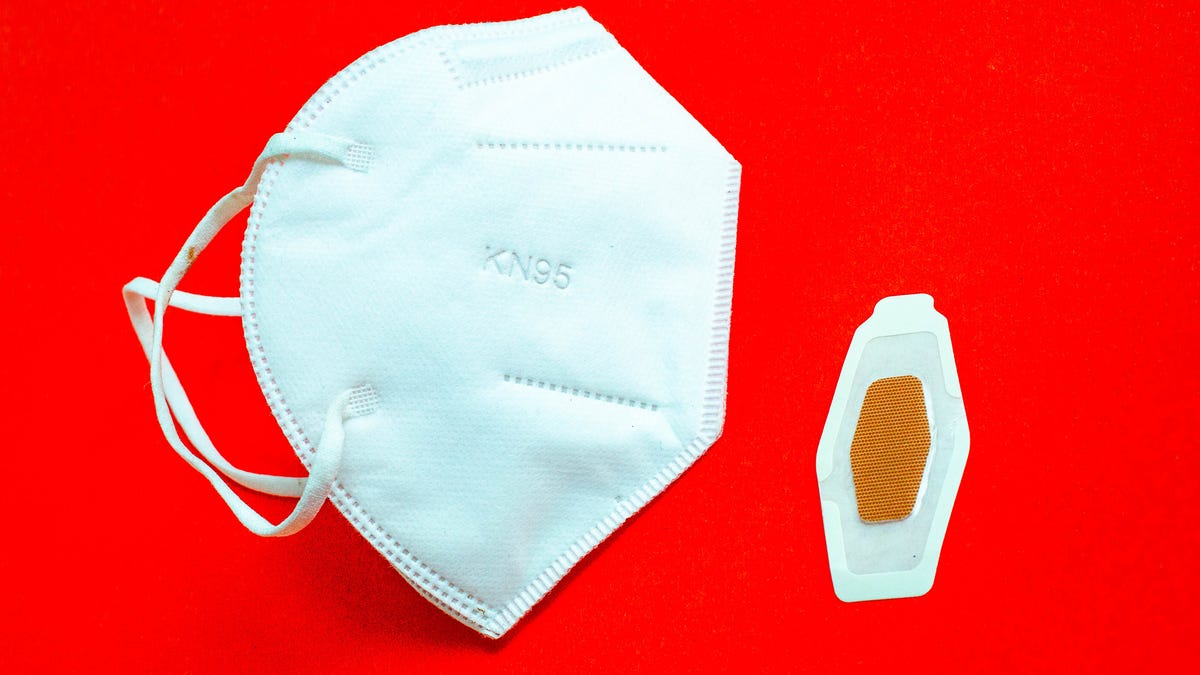CDC shortens waiting period for Pfizer booster
The agency also recommends third doses of COVID-19 vaccine for immunocompromised children as young as 5.

The US Centers for Disease Control and Prevention recommended Tuesday that people who received Pfizer's COVID-19 vaccine get a booster at least five months after their second shot instead of waiting six.
Booster timing recommendations haven't changed for adults who received Moderna's vaccine (get one at least six months after the second dose), or those who received Johnson & Johnson's (at least two months after the single-dose vaccine), the agency said in a news release.
The CDC also recommended a third dose of Pfizer's COVID-19 vaccine, the only one authorized for kids and teens, for children as young as age 5 who are "moderately or severely immunocompromised," 28 days after their second shot.
The newest CDC guidance comes a day after the US Food and Drug Administration made the new recommendations for Pfizer's COVID-19 vaccine and booster. The FDA on Monday also authorized booster shots of Pfizer for all kids ages 12 to 15, but the CDC hasn't yet recommended them for that age group. A committee that guides the CDC is scheduled to meet Wednesday to discuss whether to recommend third doses for all kids ages 12 and up.
"Following the FDA's authorizations, today's recommendations ensure people are able to get a boost of protection in the face of Omicron and increasing cases across the country, and ensure that the most vulnerable children can get an additional dose to optimize protection against COVID-19," CDC Director Dr. Rochelle Walensky said in a statement.
In Monday's news release, the FDA said it reviewed real-world data from Israel in more than 6,300 children ages 12 to 15 who received a booster at least five months after their second dose of Pfizer. No new safety concerns were reported to date in those individuals, the FDA said.
The FDA's expansion of who can get a booster comes as the omicron and delta variants spike record numbers of COVID-19 cases in the US. Because of omicron's increased transmissibility and ability to get around standard doses of vaccines, health officials have been strengthening their call for booster doses as maximum protection against COVID-19.

